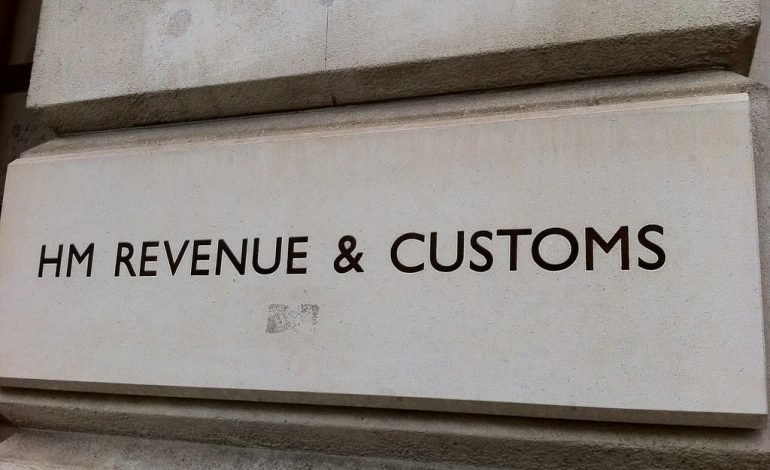
A major transformation is underway at HM Revenue and Customs (HMRC), with new plans that promise to change how individuals and businesses manage tax in the years ahead. The HMRC’s roadmap outlines a clear move towards digital‑first services designed to reduce paperwork, make self‑service simpler and improve everyday performance. The HMRC transformation means the way we pay and track tax is expected to become more efficient, providing better tools to help everyone get things right first time.
The plans include rolling out new online services for PAYE taxpayers, so you’ll be able to check allowances, update details, and even submit expense claims without having to wait in a phone queue. HMRC says around 76% of interactions are already digital, but the ambition is to reach at least 90% by the end of the decade. That will mean more app‑based updates, clearer online messaging and fewer delays for people needing answers. The full roadmap, which you can read in detail on the UK Government website, also highlights better support for small businesses and more automation behind the scenes, making it easier to focus on running a company rather than wrestling with forms.
Artificial intelligence will play a growing part, from helping advisers handle more complex issues to guiding taxpayers through common tasks with reassurance and clear prompts. Paper post will remain for those who need it, but the default will increasingly be digital, and HMRC has confirmed that security and privacy standards will remain central to these changes.
Another headline is HMRC’s intention to close the tax gap. Last year’s shortfall in tax receipts was estimated at £46.8 billion. The roadmap outlines new technology to detect errors, reduce fraud, and ensure those who can pay but don’t are pursued. This includes expanding data sharing with other agencies, as well as offering people new tools to check state pension records, track refunds and manage National Insurance contributions online.
For small businesses, these steps could mean less time spent on admin and more certainty when planning ahead. It’s also expected to make hiring and reporting simpler, with umbrella companies and intermediaries facing stricter oversight to protect workers from unfair deductions.
This is a long-term plan with milestones stretching into 2030, but HMRC says many features will roll out much sooner. For Londoners balancing busy lives and growing businesses, this drive to modernise could prove a welcome shift, provided the promised support remains in place for those who still need extra help.
For more updates on HMRC transformation plans and further insights into how they affect you, visit EyeOnLondon – we’d love to hear your views in the comments.
Follow us on:
Subscribe to our YouTube channel for the latest videos and updates!
We value your thoughts! Share your feedback and help us make EyeOnLondon even better!









